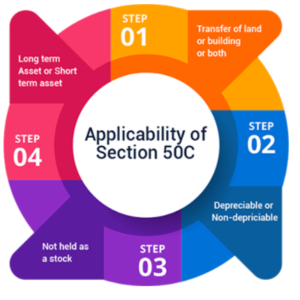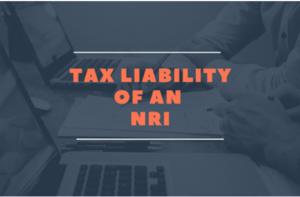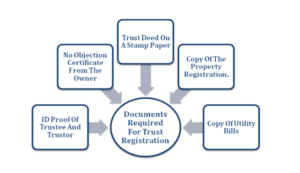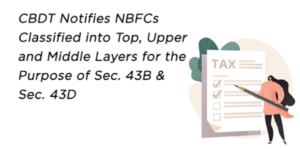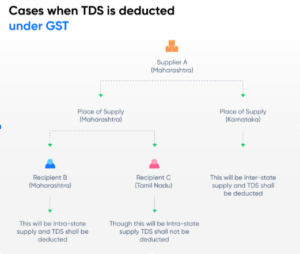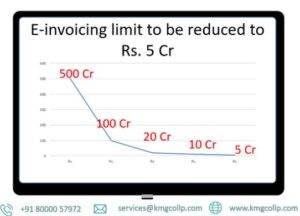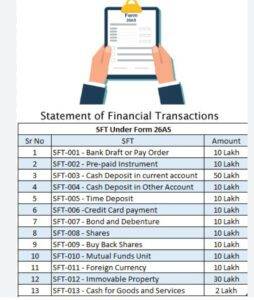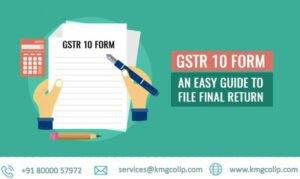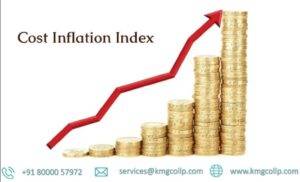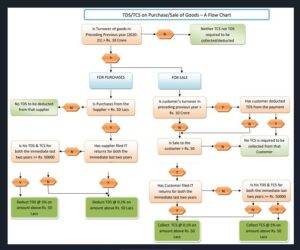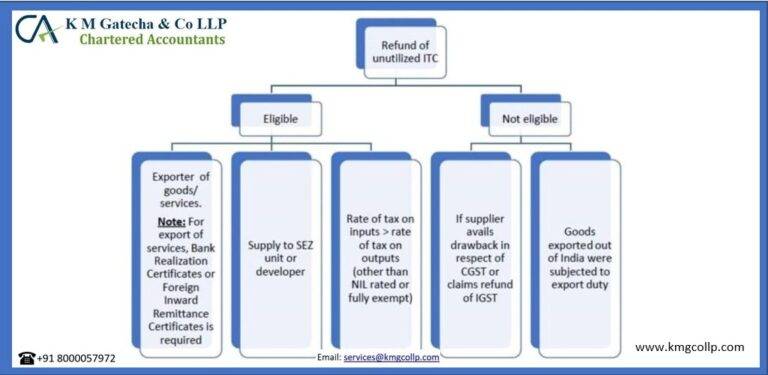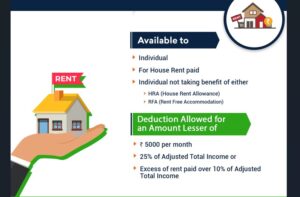You can receive two benefits for the price of one if you have health insurance. They provide you with the much-needed financial security you require in the form of a range of coverage benefits, but they also offer you income tax advantages on the premium you pay in accordance with Section 80D of the Income Tax Act of 1961. In this article, we will learn “All about tax benefits of Mediclaim premium, health expenses, and Life insurance premium”. If you buy a policy for your spouse, dependent children, or parents, you can still receive the same tax advantages as if you were buying it for yourself.
Income tax exemption, According to Section 80D
According to Section 80D of the Income Tax Act, a health insurance policy’s premium payment is deducted from taxable income. The deductible amount’s highest limit is Rs. 25,000, while older citizens may be eligible for an increase to Rs. 50,000. (With effect from 1 April 2018). As a result, the policyholder should be qualified to receive a deduction of up to Rs. 75,000 from their taxable income. The deductible sum can occasionally go to Rs. 1,00,000 (Rs. 50,000+Rs. 50,000) in rare circumstances where the proposer and his parents are both older than 60.
Tax Advantages of Purchasing a Multi-Year Health Insurance Policy
People who purchase multi-year health insurance plans can now take advantage of both premium discounts and tax benefits on a pro-rata basis. In the case of multi-year health insurance policies, you can receive tax benefits in proportion to the number of years covered by the policy. For example, if you pay an Rs. 30,000 premiums for a 3-year health insurance policy, you can claim an Rs. 10,000 tax exemption.
No Tax Benefits on Cash Payment
Medical insurance premiums must be paid in non-cash modes to qualify for Section 80D deductions under the Income Tax Act. You can pay the premium via online banking, check, demand draught, debit or credit card, and so on. The Section 80D deduction is not available if the premium is paid in cash.
This condition, however, does not apply to payments for preventive health check-ups under the Income Tax Act. Even if you paid in cash, you can claim a tax deduction for preventive health check-ups.
What Should You Look for When Purchasing a Health Insurance Policy?
Health insurance plans, in addition to providing tax benefits, cover you for a wide range of medical contingencies; thus, it is critical to select a health insurance policy offered by a reputable insurance company. Care Health Insurance, Bajaj Allianz General Insurance Company, IFFCO Tokio General Insurance Company, Aditya Birla Health Insurance, and Niva Bupa Health Insurance are a few popular insurance companies in India that offer health insurance plans. In recent years, insurance companies have devised new strategies and tailored their policies to meet the needs of their customers, allowing them to obtain health insurance at a reasonable cost. Furthermore, there are some considerations you should make before purchasing a health insurance policy, some of which are listed below
- Network hospitals: The more network hospitals a company has, the more cashless treatment options you will have. As a result, it’s critical to review the network hospital list and narrow down which ones you’d go to in an emergency.
- Claim settlement process: If you want a smooth and hassle-free claim settlement in an emergency, it is critical to check the claim settlement process when shortlisting a health insurance company.
- Coverage Benefits: Verify that the health insurance policy provides you with the best possible benefits at a reasonable cost. These costs include those related to in-patient hospitalization, pre, and post-hospitalization, daycare, emergency medical services, organ donation, etc.
- Customer service: It is essential to assess the insurance provider’s ability to provide prompt, effective customer service.
Insurance providers are committed to making sure your money is worthwhile at every turn. Tax advantages under Section 80D give this a further boost.
Important Things to Keep in Mind
The following are some things to keep in mind if you want to be eligible for tax benefits under Section 80D of the Income Tax Act of 1961 for health insurance plans:
- Read the terms and conditions of your health insurance policy’s tax exemptions carefully.
- To qualify for tax deductions, avoid paying health insurance payments in cash.
- If you purchase health insurance coverage for yourself, your parents, and your spouse and you are all senior citizens, you may deduct up to Rs. 1 lakh from your income under Section 80D.
- Tax reductions up to Rs. 1.5 lakh under Section 80C can be combined with benefits under Section 80D.
Overall, there is little question that health insurance policies are among the best methods to save taxes and guard against having your savings squandered on medical bills. They also assist you in lowering your tax liability by enabling you to claim a Section 80D deduction from your taxable income of up to Rs. 1 lakh. In order to ensure a healthy and secure future, it is advised to purchase health insurance as soon as possible.
As a result of reading this article,” All about tax benefits of Mediclaim premium, health expenses, and Life insurance premium “you should now have a fundamental understanding of health insurance policies. However, it is advised to fully comprehend the terms and conditions of a plan before deciding to buy it. Only enroll in a plan if you are confident that it will provide you with the level of coverage you require. Irrespective of the type of Mediclaim policy you buy, make sure to read the policy documents carefully and understand the terms and conditions. Knowing the terms and conditions will help you make an informed buying decision, and you will get the best coverage to suit your needs.
Frequently Asked Questions:-
The aforesaid limit of Rs. 25,000 will be increased to Rs. 50,000 in following situation: a) When the premium is paid in respect of any senior citizen (i.e., any resident individual of the age of 60 years or above).
Section 80D of the Income Tax Act provides 80D deductions on the medical insurance premiums paid for you and your family members. You can claim a tax deduction for the health insurance premium paid for yourself, your parents, children, and your spouse.
Under Section 80D of the Income Tax Act, an individual can claim a deduction for the following medical expenses incurred during the financial year: Medical insurance premium paid by the taxpayer through any mode of payment other than cash. Expenses incurred under any Central Government health schemes.
Table of Contents
Toggle
